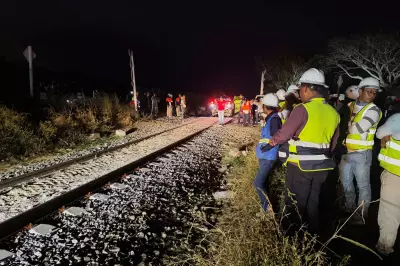
A former Department for Work and Pensions investigator has issued a stark warning about the devastating impact of rising benefits fraud on legitimate claimants across Britain.
System Under Siege
David, who spent years investigating fraud for the DWP, reveals that honest families are facing unprecedented delays and increased scrutiny as the department battles an explosion in fraudulent claims. "The genuine claimants are suffering," he explains. "They're being made to feel like criminals while actual fraudsters are exploiting the system."
Alarming Statistics Revealed
Recent figures paint a worrying picture of the scale of the problem:
- Universal Credit fraud cases have surged by 42% in just one year
- Over £8 billion was lost to fraud and error in the benefits system last year
- Thousands of genuine claimants face payment delays and intense verification processes
The Human Cost
David describes witnessing heartbreaking cases where vulnerable people were pushed deeper into poverty due to system delays. "I've seen single mothers waiting weeks for payments, elderly people struggling to navigate complex online systems, and disabled claimants facing unnecessary hurdles," he shares.
Fraudsters' Evolving Tactics
The former investigator warns that criminal networks are becoming increasingly sophisticated:
- Organised groups using stolen identities to make multiple claims
- Exploitation of the cost of living crisis to justify fraudulent applications
- Sophisticated document forgery that's difficult to detect
DWP's Response Under Scrutiny
While the DWP has implemented new verification measures, David questions whether the balance between fraud prevention and claimant support has been lost. "The system is becoming so risk-averse that it's punishing the very people it's designed to help," he argues.
What Needs to Change?
The ex-investigator calls for a more intelligent approach to fraud prevention that doesn't penalise legitimate claimants. He suggests better staff training, improved technology to detect genuine fraud patterns, and a more compassionate approach to vulnerable applicants.
As the cost of living crisis continues to bite, this warning from inside the system highlights the urgent need for reform that protects both public funds and those who genuinely need support.





